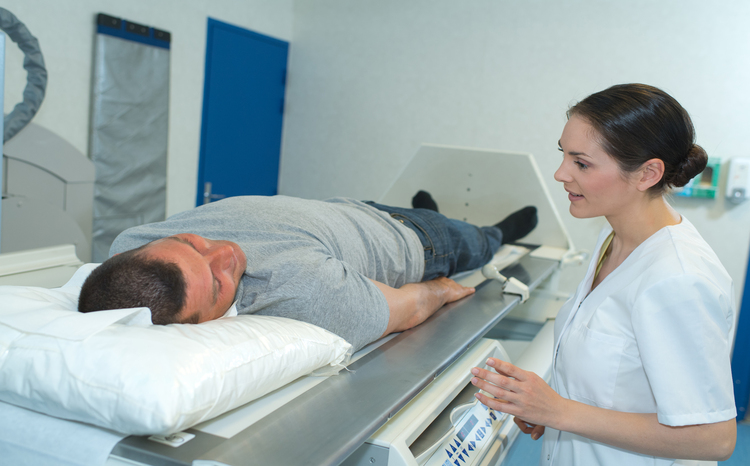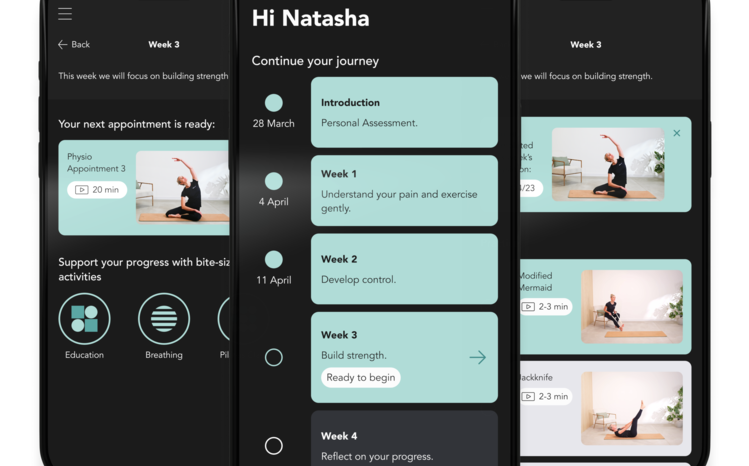AI tool to help identify atrial fibrillation risk trialled in Leeds
- 8 January 2025

- Leeds Teaching Hospitals NHS Trust is trialling an AI tool which helps identify people at risk of developing atrial fibrillation (AF).
- The trial began in autumn 2023 and is expected to finish imminently, with nearly 2,000 taking part in total
- An algorithm called FIND-AF, developed using machine learning, is being investigated, which looks for red flags in people’s GP records that suggest they are at risk of developing AF in the next six months
Leeds Teaching Hospitals NHS Trust is trialling an AI tool which helps identify people at risk of developing atrial fibrillation (AF), a condition that makes them five times more likely to have a potentially fatal or life-changing stroke.
The trial began in autumn 2023, to investigate an algorithm called FIND-AF, developed using machine learning.
FIND-AF looks for red flags in people’s GP records that suggest they are at risk of developing AF in the next six months. People identified by the algorithm are then offered further testing to confirm a diagnosis of AF.
Professor Chris Gale, honorary consultant cardiologist at Leeds Teaching Hospitals NHS Trust, said: “All too often, the first sign that someone is living with undiagnosed atrial fibrillation is a stroke. This can be devastating for patients and their families, changing their lives in an instant.
“It also has major cost implications for health and social care services – costs which could have been avoided if the condition were spotted and treated earlier.
“Our FIND-AF digital diagnostic and treatment care pathway supports Government’s ambition of moving from treating illness to preventing it.
“We’re now looking to partner with the NHS and other providers to accelerate its use more widely.”
Nearly 2,000 people have taken part in the trial so far, which is expected to finish imminently, with the trust aiming to then make the algorithm available to the West Yorkshire Integrated Care Board (ICB) before a wider uptake and rollout.
As pat of the trial, the algorithm has been implemented at several GP surgeries in West Yorkshire. People identified as at risk of AF are offered at-home testing.
Those who agree are sent a handheld electrocardiogram (ECG) machine, a device than can measure heart rhythm, and asked to take two readings a day for four weeks, as well as any time they feel palpitations.
This can be done with no need for people to visit their GP surgery. If the ECG readings reveal that they have AF, their GP is informed and they can then discuss treatment options.
The study is funded by the British Heart Foundation and Leeds Hospitals Charity.
More than 1.6 million people in the UK have been diagnosed with AF, but there are likely to be many thousands more people in the UK who remain undiagnosed and unaware they’re living with the condition. It is estimated that AF is a contributing factor in around 20,000 strokes each year in the UK.
In March 2022, University Hospitals of Leicester NHS Trust became one of the first in the UK to create a virtual ward for patients with AF.
The scheme, which provided a total of 120 virtual beds, meant people in Leicester experiencing an irregular heart rhythm could benefit from virtual monitoring in the comfort of their own home, surrounded by friends and family thanks to the new ‘connected care’ solution.




